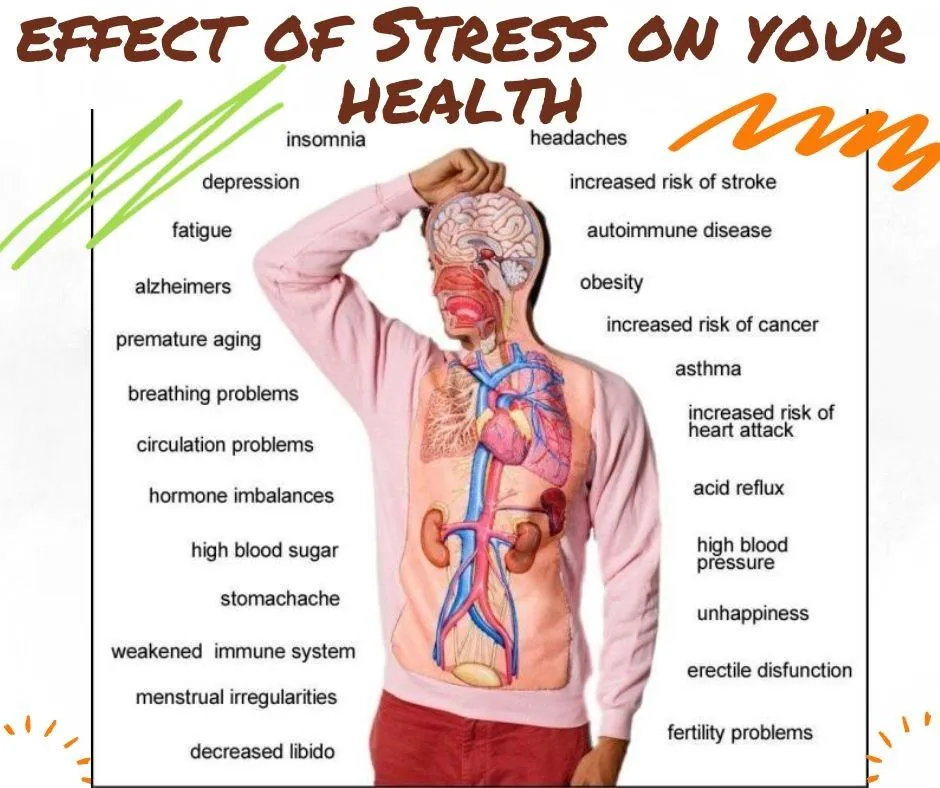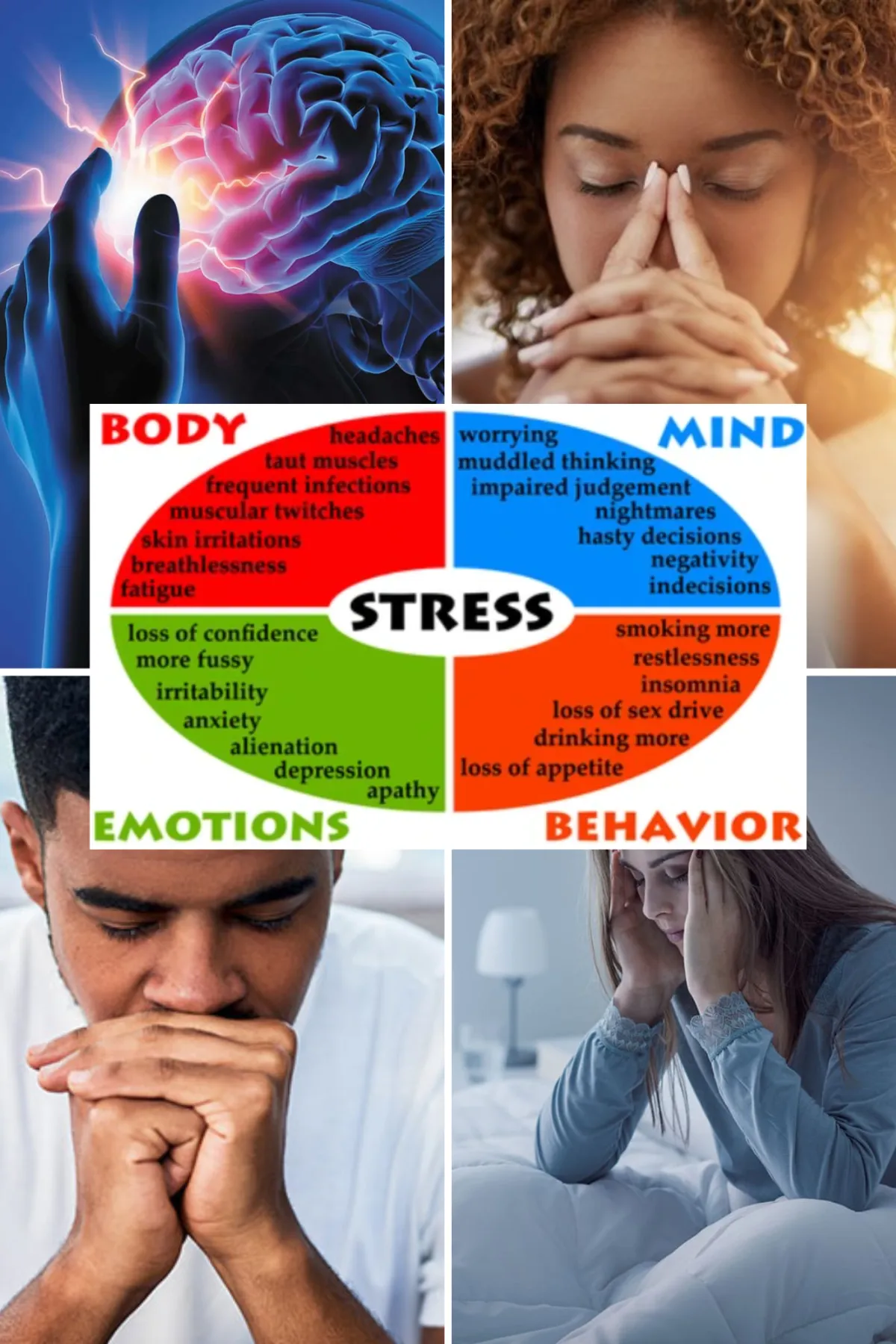Reclaim Your Inner Peace: Mastering Stress Through the Mind-Body Connection

Ever felt like the weight of the world is on your shoulders? You're not alone. Stress-related issues are responsible for 75-90% of all doctor’s appointments, contributing to a wide range of mental and physical health problems. Stress is a constant companion in our fast-paced lives, but it doesn't have to be. While phrases like “stressed out” or “burned out” seem common, these shouldn’t be permanent states of existence. So, how do we reclaim our peace of mind? The journey starts with understanding what stress truly is—and how we can manage it.
What is Stress?
At its core, stress is our mind and body’s reaction to life’s challenges—whether it’s losing a job, navigating relationship troubles, or simply managing everyday responsibilities. Dr. Hans Selye, a pioneer in stress research, referred to it as “the rate of all wear and tear caused by life.” This wear and tear comes from the gap between our expectations and the reality.
IT COMES IN TWO FORMS:
1. Eustress: The positive stress that motivates and excites us. This is the type that helps us meet deadlines, face challenges, and even embrace joyful life changes like getting married or having a baby. Eustress comes from challenges we believe we can handle.
2. Distress: The negative stress that overwhelms and drains us. This occurs when we feel incapable of meeting a challenge, we perceive ourselves as powerless to manage it. When we talk about feeling “stressed,” we’re usually referring to this kind.
One person might find excitement in starting a new job, while another feels anxious about fitting in or meeting expectations. The way we interpret life’s events can vary greatly, but the key is learning how to manage them effectively.
Understanding Stressors: External vs. Internal
Stressors can come from both external and internal sources. External stressors include things like work pressures, financial worries, or major life changes. Internal stressors, however, are generated by our thoughts, emotions, and habits—like self-criticism, guilt, or anxiety. For example, the fear of public speaking or flying can provoke intense internal stress.
What’s crucial to understand is that our brains react to internal stress with the same intensity as external threats, releasing harmful hormones in both scenarios. That’s why watching the news, for example, can make you feel anxious—your brain perceives it as a threat.
Recognizing the Red Flags: Signs of Stress

1. Emotional Indicators:
- Loss of interest in once-loved activities
- Feelings of worthlessness or insecurity
- Increased irritability or tension
2. Mental Indicators:
- Feeling overwhelmed or pulled in multiple directions
- Pessimistic thoughts
- Forgetfulness or difficulty focusing
3. Behavioral Indicators:
- Difficulty making decisions
- Crying for no specific reason
- Changes in eating or drinking habits
4. Physical Indicators:
- Getting sick often
- Increased heart rate or sweating
- Digestive problems
When Stress Becomes Dangerous
While stress can be helpful in short bursts, chronic stress can lead to lasting damage. If we can’t escape or resolve the stressors in our daily lives, they become ongoing problems. This persistent "crisis mode" keeps our bodies in a state of alarm, releasing stress hormones like cortisol that can weaken our immune system, contribute to heart disease, and even trigger mental health issues like anxiety and depression.
Beyond Stress: Understanding Burnout
Burnout takes stress a step further. It’s not just feeling overwhelmed—it’s complete emotional, physical, and mental exhaustion. Coined by Dr. Herbert Freudenberger, burnout is often associated with high-demand jobs like healthcare, but it can happen to anyone. This goes beyond fatigue; it’s the point where you feel unable to cope with life’s demands. While not officially classified as a mental disorder, burnout is recognized as a severe issue that can greatly impact quality of life.
Stress and Unhealthy Eating
“Stress often leads to poor eating habits. The 2022 Food & Health Survey by the International Food Information Council (IFIC) revealed that many Americans respond to stress by changing their eating behaviors:
- 30% skip meals
- 27% eat to manage stress
- 38% overeat or consume unhealthy foods
Stress can trigger cravings for sugary, fatty foods, leading to binge eating, weight gain, and worsened overall health. Combined with poor sleep, lack of exercise, and increased alcohol consumption, this creates a dangerous cycle.”
Reclaim Your Inner Peace
Reclaiming your peace begins with recognizing that while stress is inevitable, suffering from it doesn’t have to be. Understanding the difference between eustress and distress is crucial. Eustress can motivate you, while distress can lead to chronic tension and burnout if ignored. By identifying the signs of chronic stress and recognizing when burnout approaches, you can regain control of your well-being.
Remember, ignoring stress doesn’t show strength; it complicates management. Acknowledging and accepting your stress helps you find your center amid life’s storms. Reclaiming control is a gradual process, one step at a time.
Stay tuned for more insights in the next post on managing stress effectively and finding inner peace.
Copyright 2024 Mihaly Vincze Bodywork - All rights Reserved
